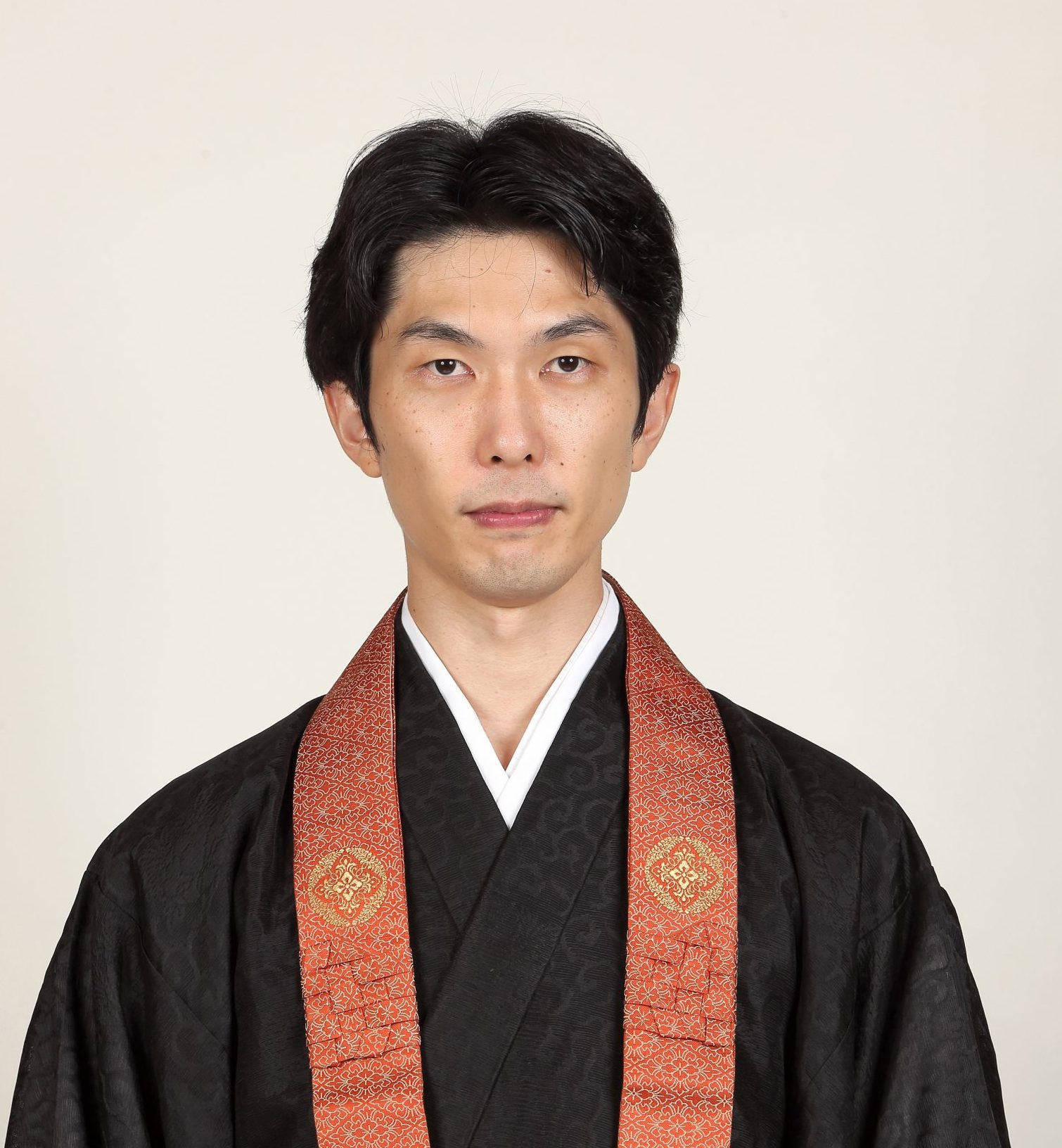
To fellow seekers in our overseas Higashi Honganji districts, I wish you “Happy New Year.” Continue reading “2022 Greeting: Overseas District Abbot Yul Ōtani”
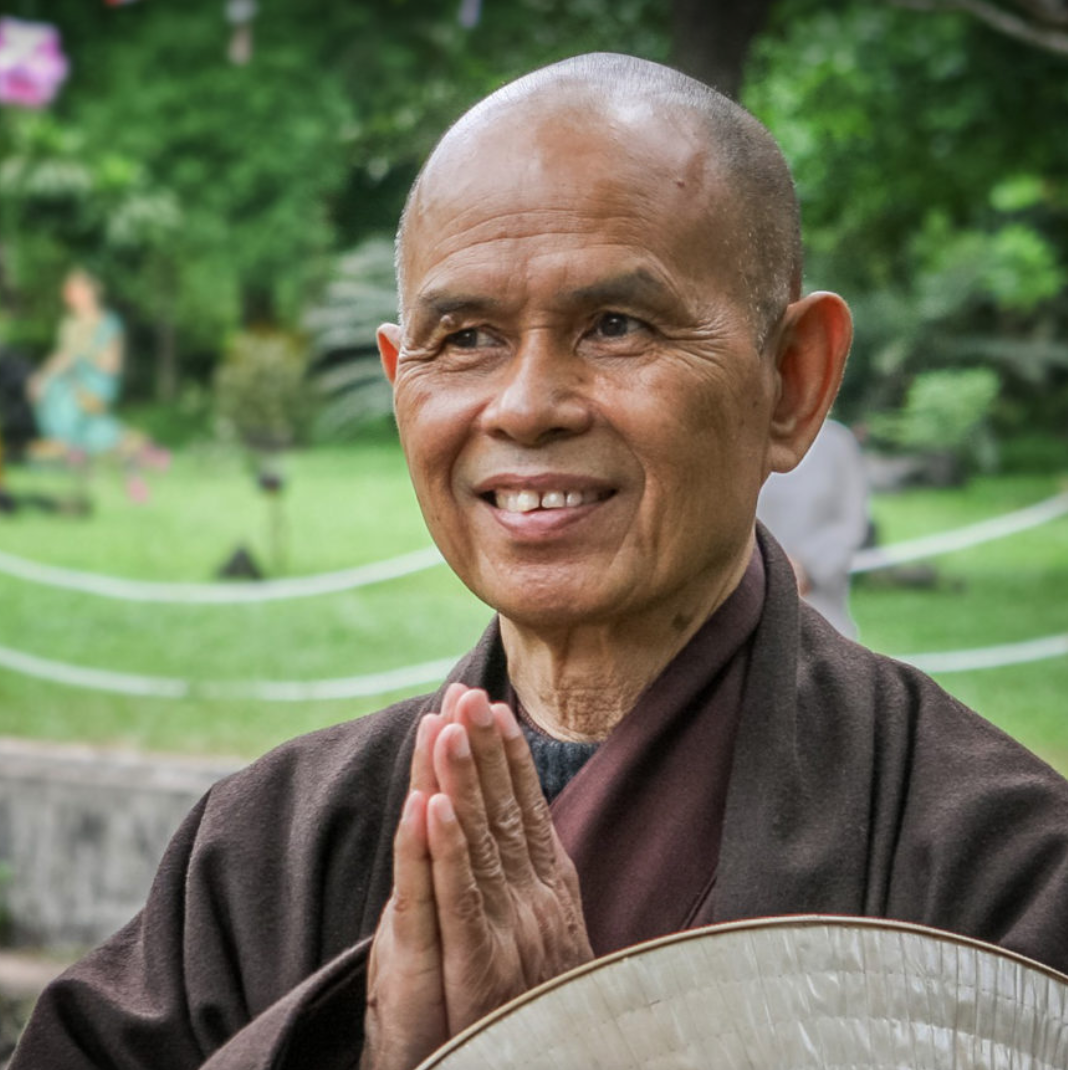
By Rev. Miki Nakura
(Renowned Buddhist teacher Thich Nhat Hanh passed away this month in Vietnam at age 95.)
I once visited Thich Nhat Hanh’s Blue Cliff Monastery in upstate New York. When I was about to leave, a friend gave me a calligraphy written by the famous teacher that said, “The Pure Land is here and now.”
I immediately thought, “Oh, this is a koan (Zen riddle) that Thich Nhat Hanh is giving me.” The koan asked, “Miki, what does Pure Land mean to you? Continue reading “Thich Nhat Hanh’s Koan”
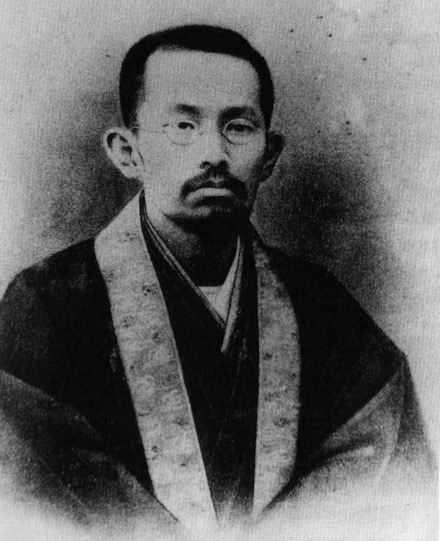
By Rev. Ken Yamada
Today, government mandates clash with personal rights; an unprecedented rise in wealth clashes with unrelenting poverty; political upheaval, military expansionism, and redefined social mores and identity abound. In these changing times, we must ask, “Is Jodo Shinshu Buddhism relevant?”
These challenges confront us now, but they also confronted a small group of innovative Buddhist thinkers a century ago, spurring them to redefine, modernize and find meaning in Jodo Shinshu, which for the previous two centuries had stagnated and grown moribund. For their contributions, they were persecuted, some even excommunicated by their own denomination. Their writings continue to be studied, debated, and valued in understanding Shinshu today. Continue reading “Seishinshugi: Shinshu’s Clash with the Modern World”
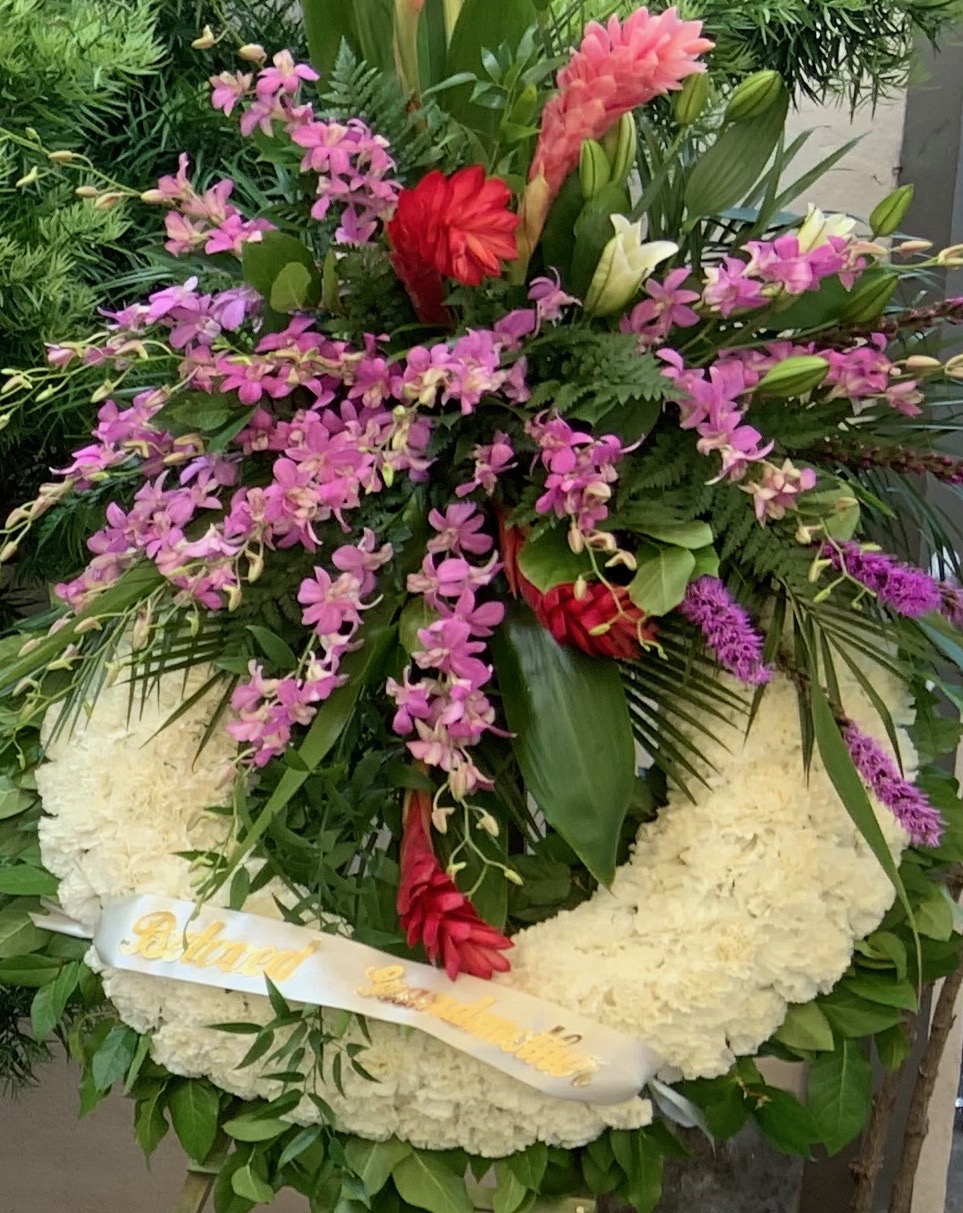
By Rev. Ken Yamada
Imagine dying, having your body frozen, and being brought back to life in the future. That’s what proponents of “cryonics” hope for, many already laying in cold storage. What would Jodo Shinshu say?
Cryonics focuses on a future life; Jodo Shinshu talks about “infinite life.” For Buddhists, I think considering one may help clarify the other. Let’s take a look. Continue reading “Cyronics and Buddhism: Freezing Yourself for the Future”
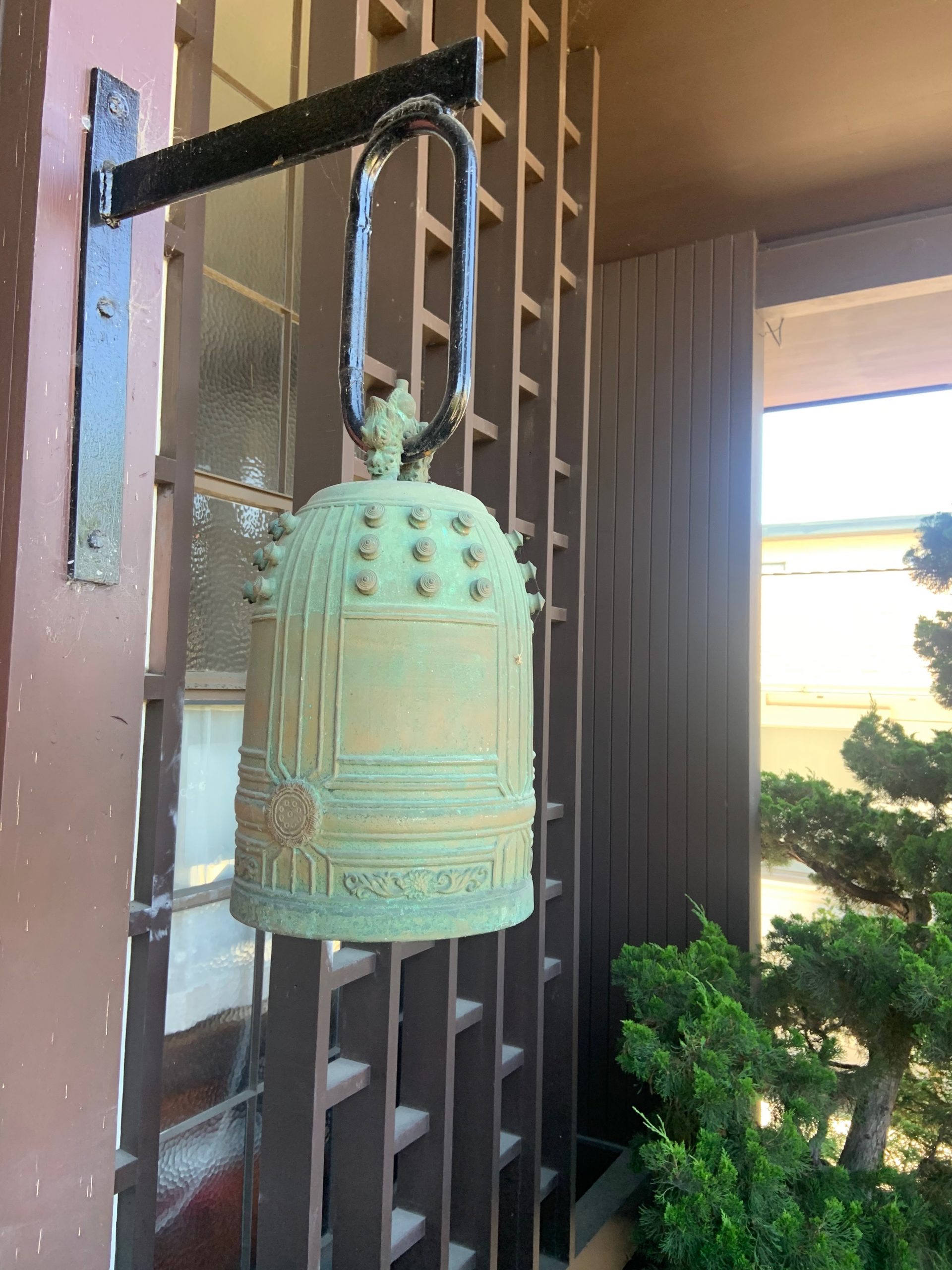
Fireworks may traditionally celebrate the year’s first day, but for many Buddhists, a bell rings in the New Year. Continue reading “Buddhist Tradition: New Year’s Day”